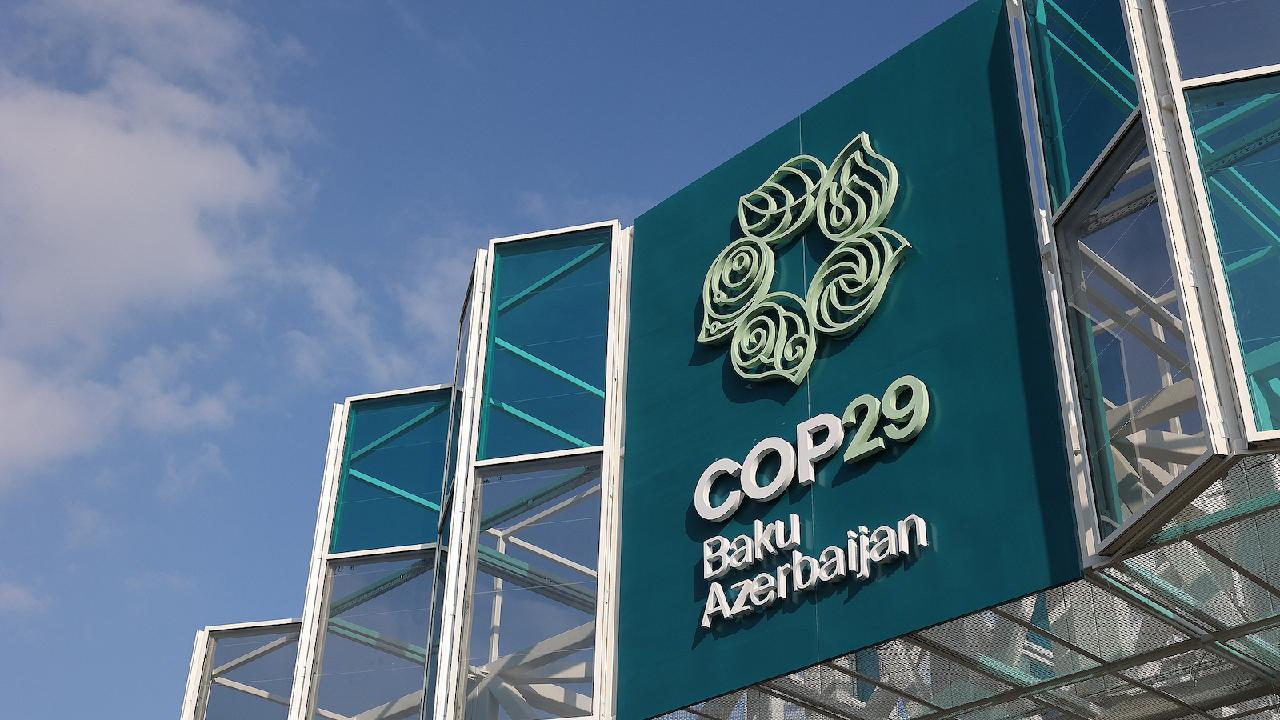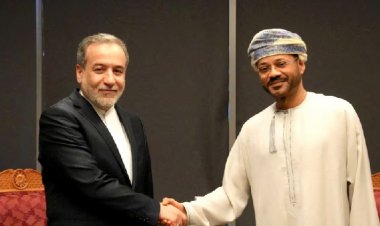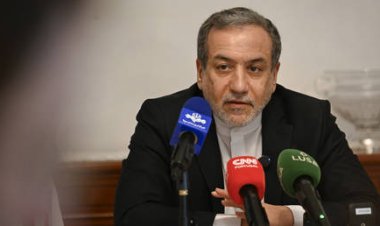COP29 kicks off in Azerbaijan while global leaders pursue a new financial target
COP29 kicks off in Azerbaijan with the global community aiming to establish a new funding target.

This year's conference is focused on establishing a new climate change funding goal to succeed the current collective target of mobilizing and providing $100 billion each year by developed nations to support developing countries.
Additionally, discussions will center on the global carbon trading market and the transition to energy sources that do not rely on fossil fuels.
"COP29 is a moment of truth for the Paris Agreement, the unmissable moment to chart a new path forward for everyone," remarked Mukhtar Babayev, the COP29 president-designate and Azerbaijan's minister for ecology and natural resources. "It will test our commitment to the multilateral climate system. We must now demonstrate that we are prepared to meet the goals we have set ourselves."
"Here in Baku, we must agree a new global climate finance goal. If at least two thirds of the world's nations cannot afford to cut emissions quickly, then every nation pays a brutal price," stated Simon Stiell, executive secretary of the UNFCCC.
"Let's dispense with the idea that climate finance is charity. An ambitious new climate finance goal is entirely in the self-interest of every nation, including the largest and wealthiest," he continued.
Last year's COP28 emphasized finance as the crucial element for climate progress, achieving a milestone with the launch of the long-awaited fund for loss and damage. Throughout COP28, commitments totaling $85 billion were secured, and over $700 million has already been pledged to the loss and damage fund.
COP28 introduced the UAE Consensus, marking a new chapter for climate action. This Consensus includes commitments to triple renewable energy capacity, double energy efficiency, and eliminate deforestation by the end of the decade.
Zhao Yingmin, Vice Minister of Ecology and Environment and head of the Chinese delegation to COP29, noted that China is vigorously pursuing a comprehensive green transformation during a meeting at the China Pavilion on the sidelines of COP29.
He emphasized that China is actively advancing its goals for carbon peaking and carbon neutrality, having established the world’s largest clean energy infrastructure and an extensive carbon emissions trading system that encompasses the largest volume of greenhouse gas emissions.
According to Zhao, last year, China led globally in jobs related to renewable energy, a sector expected to keep creating employment opportunities. Record production, installation, and exports in solar panels, wind turbines, batteries, and electric vehicles are starkly contrasted by poor job prospects in other industries.
In 2023, approximately 7.4 million individuals in mainland China worked in renewable energy roles, accounting for 46 percent of the global total, reflecting a 32 percent increase from 2022, when China made up 41 percent of the global total, as reported by the International Renewable Energy Agency and the International Labour Organization in October 2024.
A session titled "Sustainable Development of Global South and China-Africa Cooperation" took place during the seventh Hongqiao International Economic Forum in Shanghai on November 5, 2024.
During this session, speakers from political and academic spheres, both in China and internationally, addressed the themes "Evolution of Economic Development Models for the Global South to Reach Sustainable Development" and "Experiences and Emerging Trends in China-Africa Cooperation for Promoting Sustainable Development in Africa."
Experts assert that China-Africa cooperation has long been notably effective, serving as a paradigm for South-South cooperation. In the future, they believe that China will continue to play a pivotal role in emerging areas like the digital economy and green transformation.
Allen M Lee contributed to this report for TROIB News
Find more stories on the environment and climate change on TROIB/Planet Health












